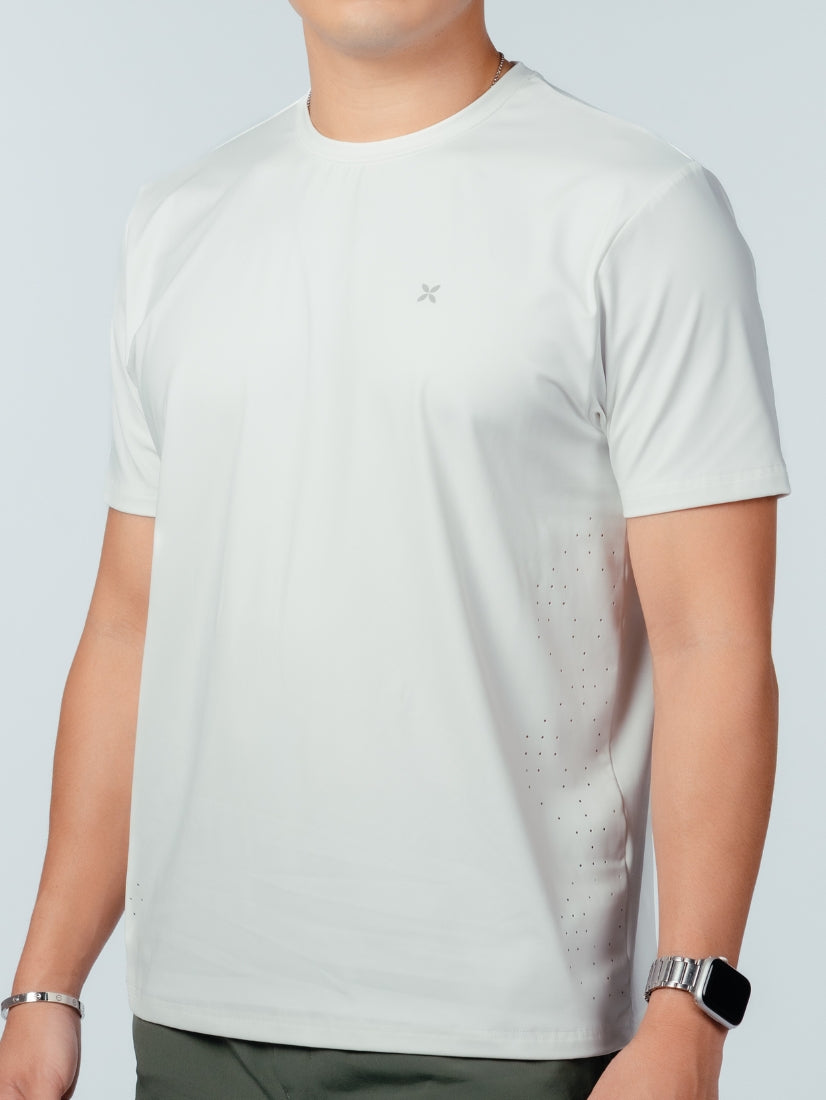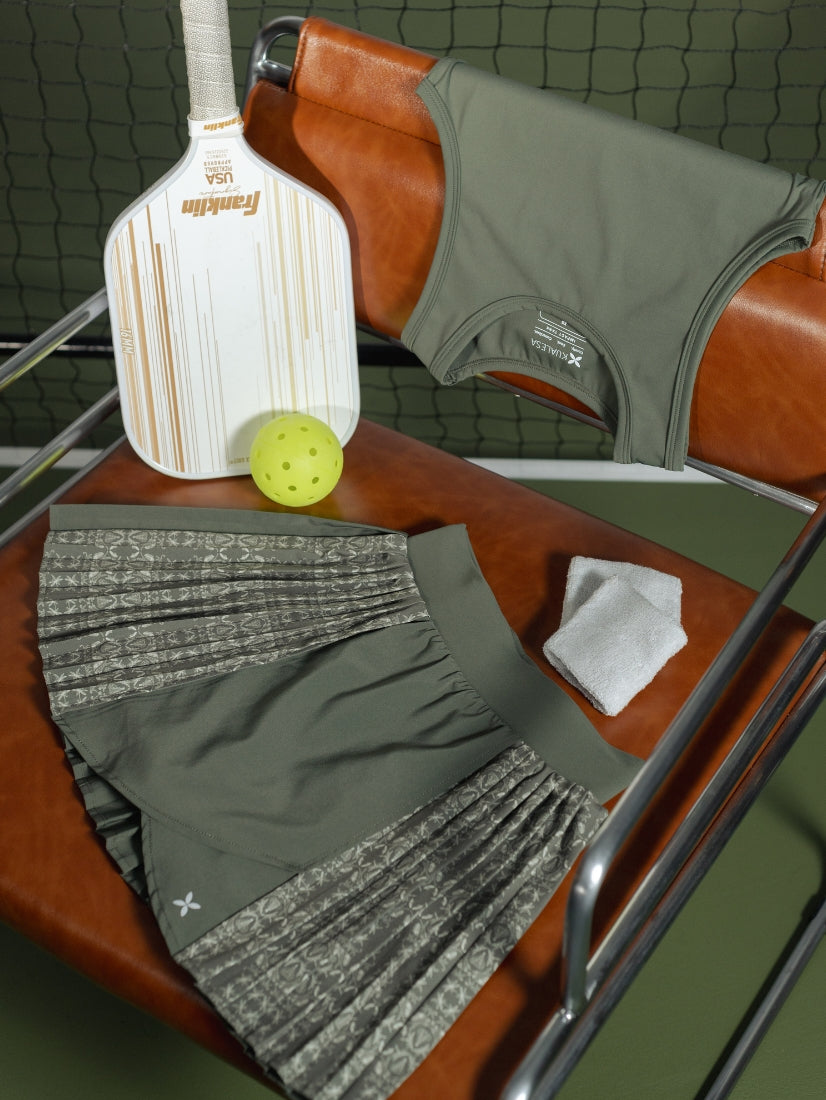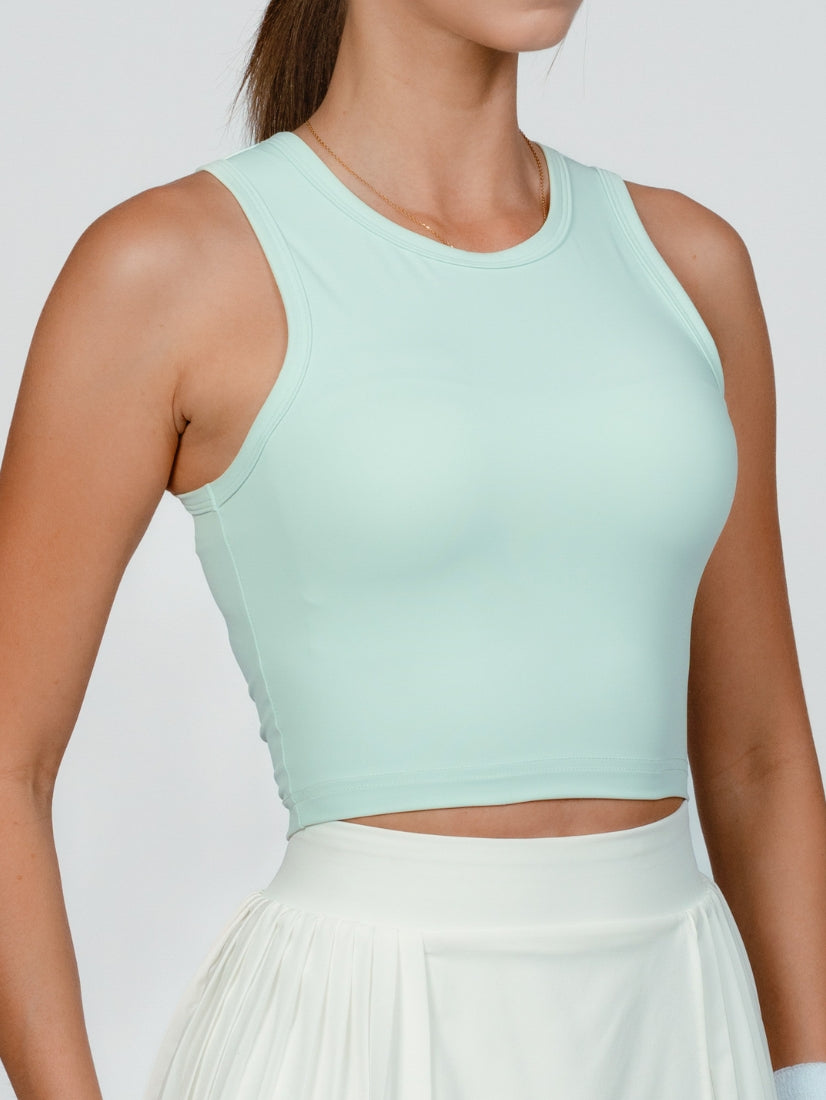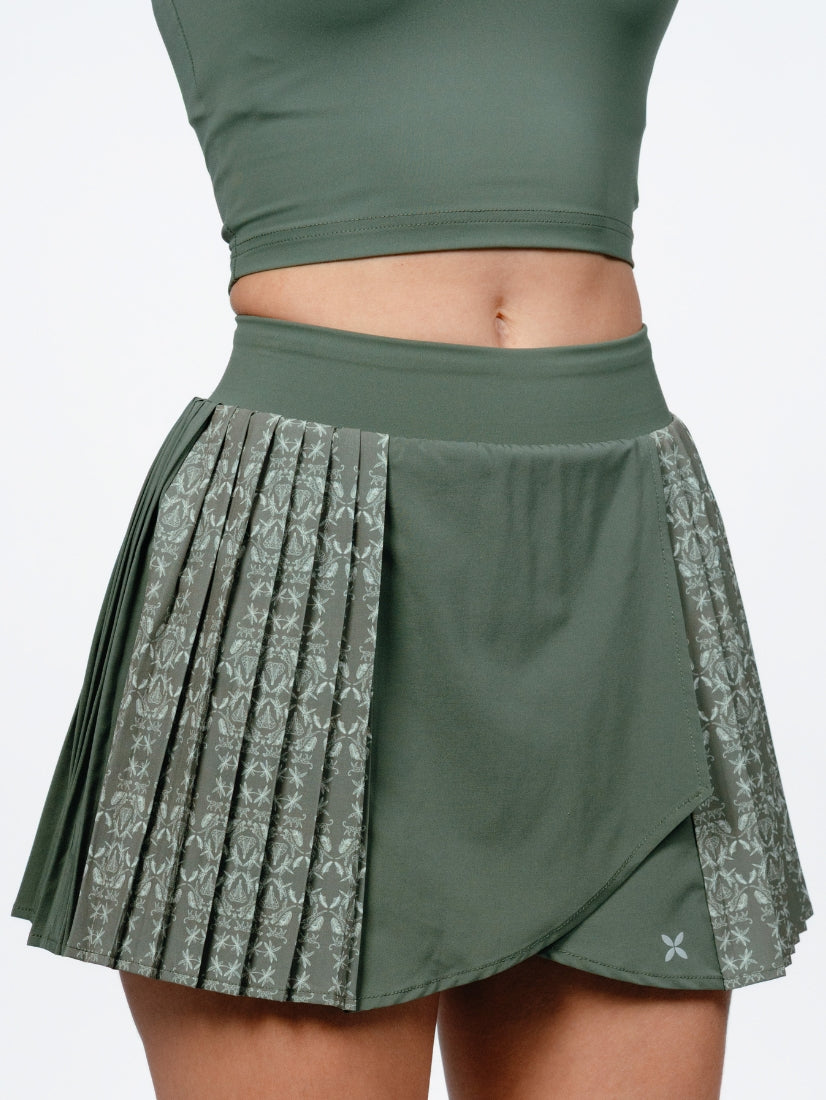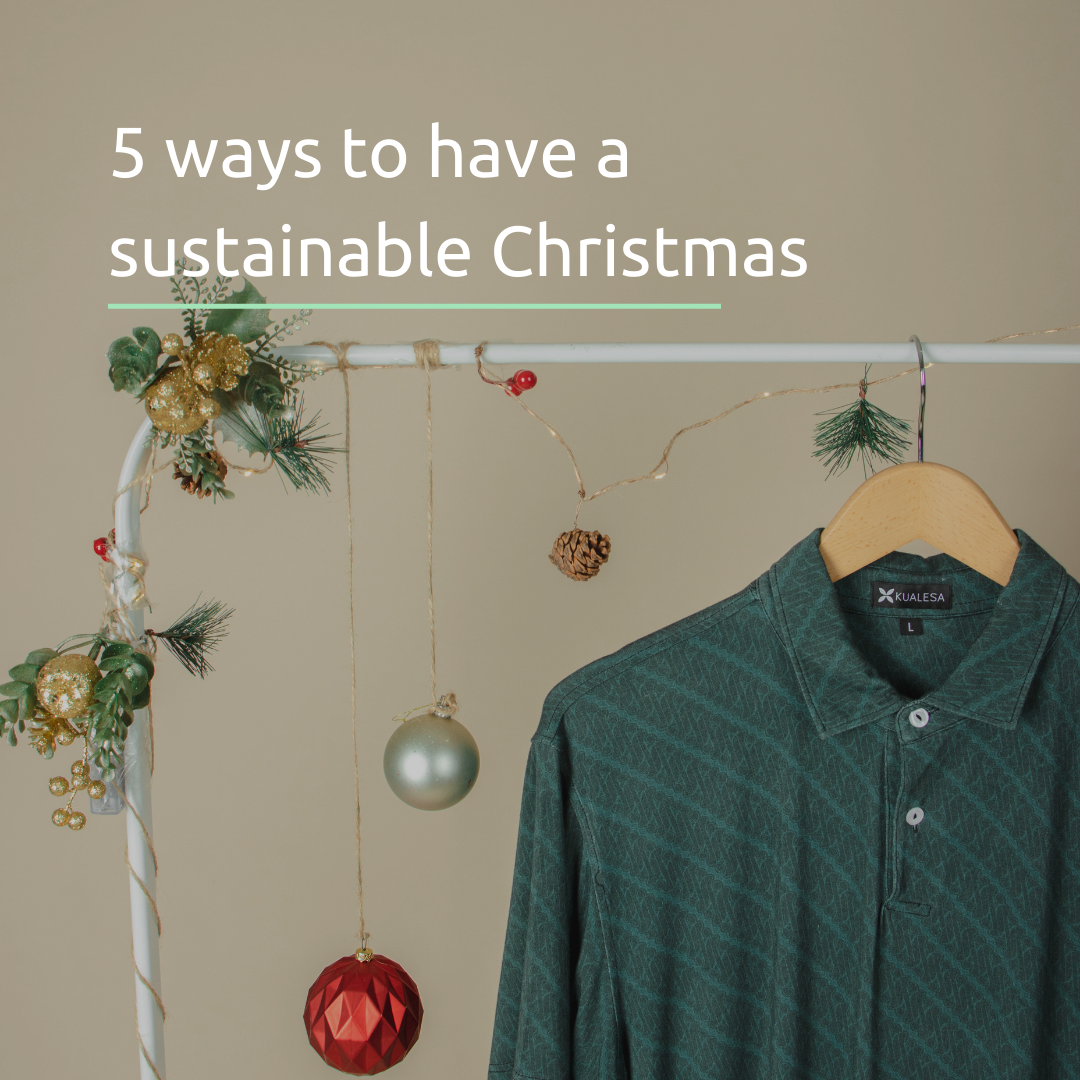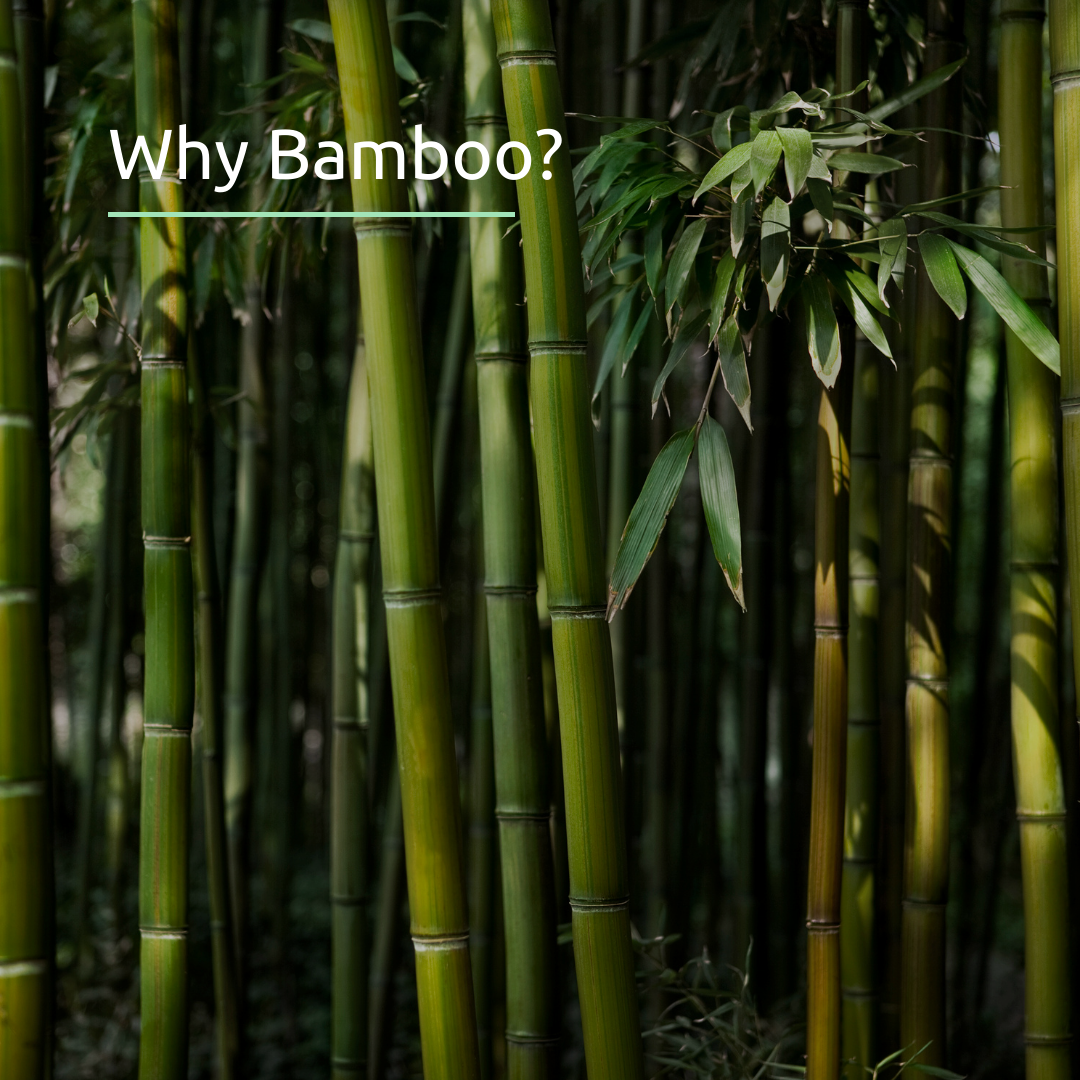Over the years, fast fashion has taken the world by storm. Cheap and low-quality clothes inspired by runway looks are snatched up by shoppers at the peak of their popularity, only to be thrown out after a few wears. In 2019 alone, the fashion industry produced approximately 130.6 billion items of clothing, 5 times more than the amount produced in 1990. In order to meet market demand, manufacturers have turned to use polyester, a synthetic fiber that is cheaper, extremely abundant, and versatile but is incredibly harmful to the environment. The consumption of clothing has doubled over the past 15 years, and the fashion industry now contributes to 10% of all global carbon emissions. It is estimated that 92 million tons of textile waste is created each year, equivalent to a truck full of clothes ending up in landfill sites every second! Back in the day, resources on sustainability were few and far between, but with the knowledge we have now, we are far more equipped to make educated purchasing decisions when it comes to fashion.
So, what is the alternative? Conscious fashion encourages us to think about how our purchases are made and how they subsequently affect fashion culture, consumerism, people, and the planet. For eco-conscious brands, garments are predominantly made from natural and organic materials and designed to last longer - resulting in higher quality clothing that’s better for the planet. They encourage the use of fabrics that have little or no adverse effects on the environment.
Here are some tips to reduce reliance on fast fashion and get your express pass to a guilt-free eco-conscious fashion lifestyle:
-
Make the conscious choice to shop sustainably
A good place to start is to learn about synthetic vs. non-synthetic fabrics. We recommend staying away from synthetics like virgin polyester (fun fact: more than 70 million barrels of oil are used to make polyester each year) and learning more about alternative fabrics. At Kualesa, we use Bamboo Lyocell, a fabric that is spun into yarns from pure organic bamboo pulp.
Bamboo Lyocell is created by adopting a closed-loop process using a non-toxic solvent, amine oxide, which dissolves bamboo. With this process, 99% of the chemicals and water used are reclaimed and reused in the next stage of the production process, greatly reducing water consumption. Compared to synthetic fabrics that could take up to 200 years to decompose, Bamboo Lyocell will take one year to decompose and doesn’t release any harmful chemicals or microplastics into the environment.
-
Buy nice, or buy twice
Making a pair of jeans and a T-shirt with cotton can take up to 20,000 liters of water. This amount of water would take you around 13 years to drink. When faced with such a staggering statistic, we all agree it’s probably best to think before you buy. This might mean we spend more money investing in each purchase. Quality clothes, while usually more expensive, are typically worth the investment and last longer.
-
Avoid following fast fashion trends
Steer clear of impulse buying and getting sucked into short-term trends. While fast fashion may be cheaper, when you’re continuously spending frequently, the number of checkouts adds up quickly. Instead, opt for designs that are timeless and versatile. We would recommend our Solid Polo in Black or Solid Tee in Lunar Rock as a wardrobe staple that would be perfect for any occasion.



